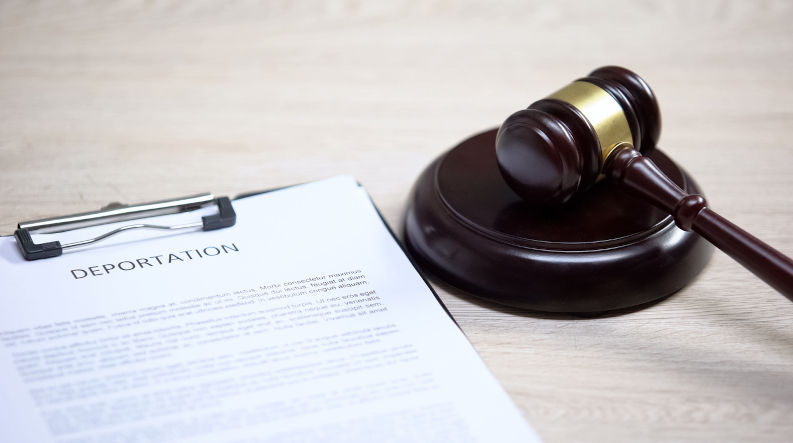The real reason Labor is rushing through immigration powers
March 28, 2024
The government’s new deportation legislation is both radical and at the same time addresses two issues that have been around for at least 30 years. But is it good law and why the urgency?
Australian governments have long been frustrated by people subject to deportation or removal not co-operating in their removal. They simply refuse to sign applications for a passport, transit visas, etc that would enable them to be taken out of Australia.
That has been compounded by some governments, notably Iran, refusing to take back their own nationals if they did not wish to return voluntarily.
The legislation is being rushed by the Labor government for three reasons.
First, it knows the visa monitoring conditions legislation that forces released detainees to wear ankle monitors, etc, that was introduced after last year’s High Court decision on indefinite immigration detention is most likely unconstitutional.
That became the case because the Coalition forced Labor to make the monitoring conditions virtually mandatory. But the fault for that will always go back to the government for agreeing to those changes.
Second, the Labor government knows that the preventative detention legislation it was goaded into last year will not work. It will be in very rare cases that a judge agrees to put someone who has served their sentence and is subject to highly onerous monitoring conditions back in detention no matter what crimes they may have committed in the past.
But that will not stop the Coalition from criticising the government for not using the legislation.
Third, the government knows that losing the current High Court case about an Iranian detainee who won’t co-operate in his removal will create political hysteria even if it is just a storm in a political/media teacup.
The new legislation proposes to make it a criminal offence if a non-citizen does not to co-operate in their deportation/removal with a penalty of one to five years in jail.
It also enables the minister to close down most visa types for nationals of a designated country that is not taking back its own citizens.
Whether this approach will work is to be seen if the legislation passes Parliament - which is almost certain with Coalition support. It is possible some people will still not co-operate, preferring a jail sentence to being returned to their country, especially if they fear being persecuted by their government.
Governments like that of Iran may simply say “do your worst; we aren’t going to change our policy just because of threats from Australia”.
While the Labor government won’t say so, this legislation is almost entirely about enabling removal of Iranian detainees.
There were 186 Iranians in detention in Australia at end December 2023.
It is this group plus those Iranian detainees who were released late last year that is the focus of this legislation.
In the 12 months to February 2024, there were around 26,000 Iranian nationals who arrived in Australia from Iran and around 22,000 who departed Australia. Not a large number so the government may think it can afford to shut down visas for Iranians.
While the legislation has been criticised by many, I see two legitimate criticisms/concerns.
First, the legislation is very broad and could potentially be applied in a very wide range of circumstances. Asylum advocates suggest it could be applied to people who have been found to be owed protection.
The government may respond that it would only do this in respect of people who have also been found to have committed serious crimes or are a security concern.
The government should ensure such cases are carefully managed outside politics.
Perhaps an independent expert body dedicated to examining such cases.
Second, there is concern the government will use this legislation to remove the approximately 7500 to 10,000 people who arrived by boat in 2013 or earlier and were refused protection under the Coalition government’s discredited fast-track process.
Most of these people have been living in the Australian community for over a decade. The Biloela family for whom the government intervened to grant a permanent visa was part of this group.
The government should have provided this group with some sort of pathway to permanent residence when it did the same for boat arrivals who had been found to be owed protection and had been granted temporary protection visas by the former Coalition government.
With an election approaching, the Labor government is unlikely to now take that very sensible step. Even once this legislation is passed, it is highly unlikely those 7500 to 10,000 boat arrivals will be removed from Australia.
Removing that many people who have been living in the Australian community for over a decade is a hugely expensive and politically difficult task. It simply won’t happen under either major political party.
Those people may be stuck in immigration limbo for many years to come due to political paralysis.
Republished from The Canberra Times ,March 28, 2024.

